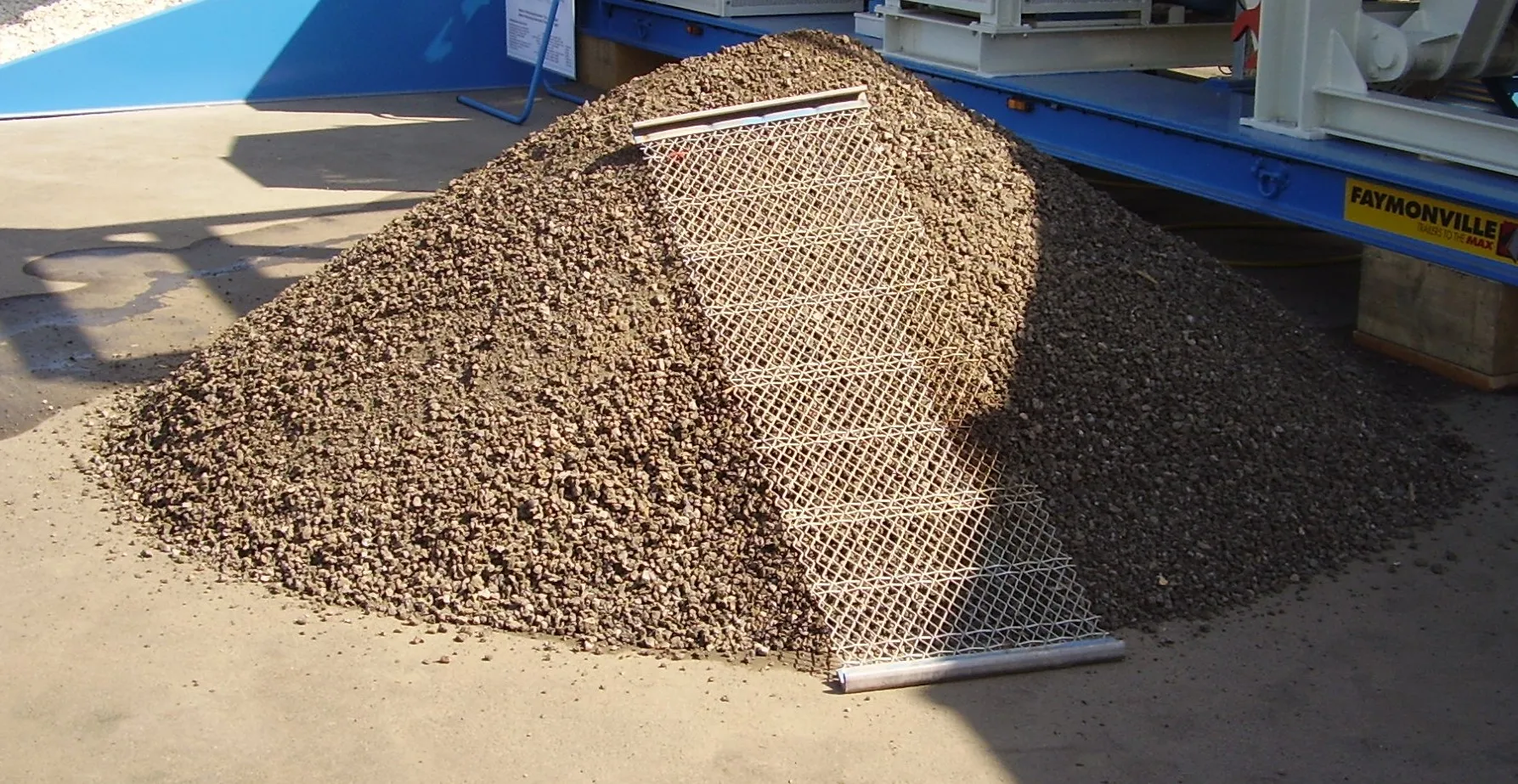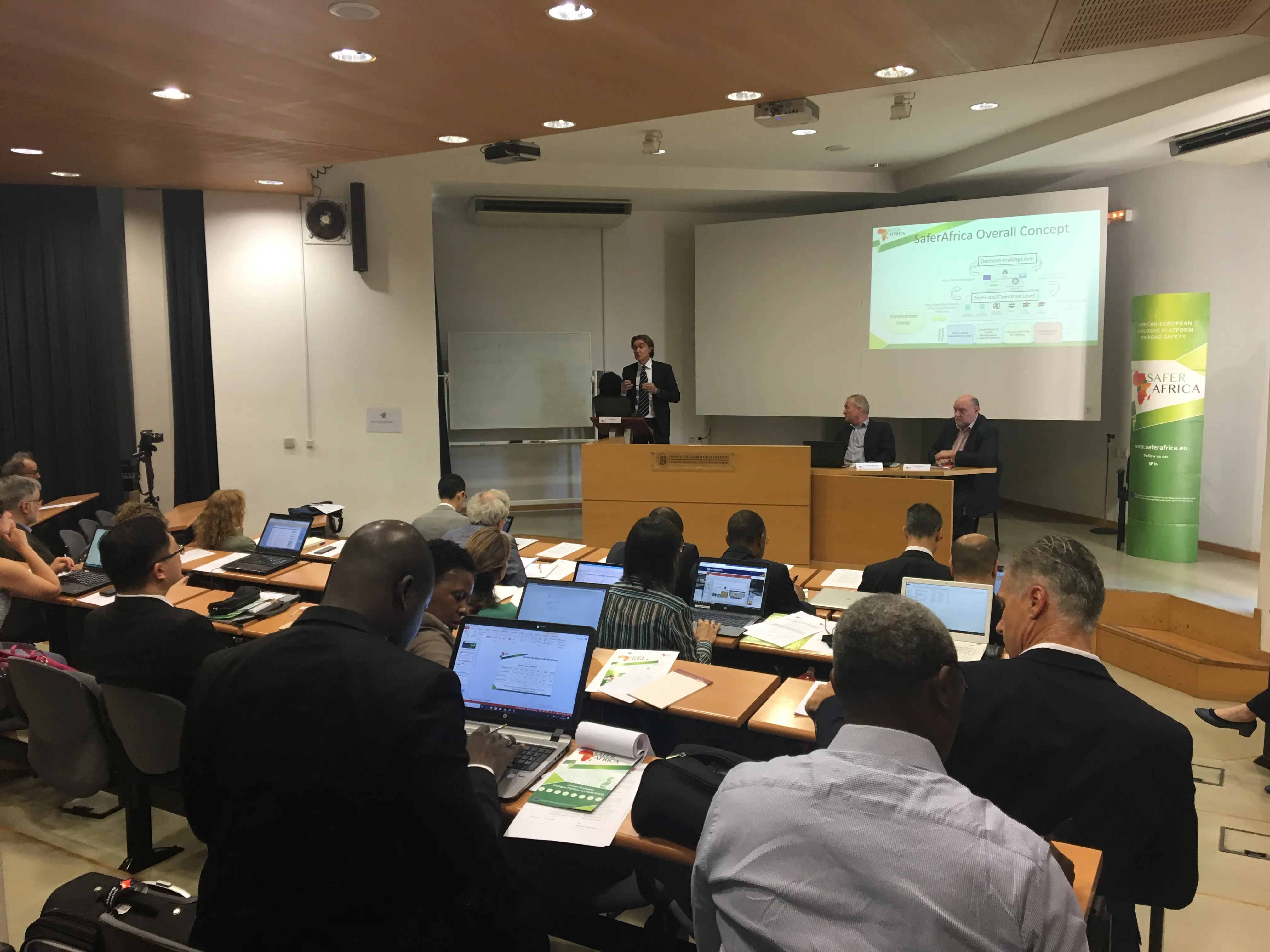
The second in Eurobitume’s programme of webinars for non-members is scheduled September 6 from 14.00 to 15.30 Central European Summer Time (CEST. The theme of this ‘open-to-all’ educational webinar addresses the general safe handling of bitumen in the supply chain.
The webinar has a special focus on industry guidance and best practices for loading, transportation and unloading of bitumen. “It will be of particular interest to those involved in the operational aspects of the supply chain and especially drivers of bitumen vehicles,” said Siobhan McKelvey, director general of Eurobitume.
How to join
The webinar is open to everyone with no fee. There is only a request to complete a short registration form available on the Eurobitume website. Once a registration is sent, a confirmation e-mail will follow containing a link for the meeting on September 6. If colleagues or external suppliers might benefit from the education, the webinar registration link (below) can be shared:
https://www.eurobitume.eu/events/eurobitume-webinar-safe-handling-of-bitumen-in-the-supply-chain-general-introduction/
Eurobitume - the European Association of Bitumen Producers – is the voice of the bitumen industry in Europe. Apart from being active at a pan-European level, it is active a local level. Following successful restructuring, the national bitumen associations in Benelux, France, Germany, Switzerland and the UK have joined together with Eurobitume in Brussels to present local and international initiatives under one banner.
Activities include raising awareness of the benefits of bitumen to policy makers and the general public. Eurobitume works with industry and regulatory bodies to further the development of specifications and test methods for bitumen. The organisation also promotes long-term planning, asset management and structured infrastructure maintenance programmes.
More information is available on the Eurobitume web site: www.eurobitume.eu/home








